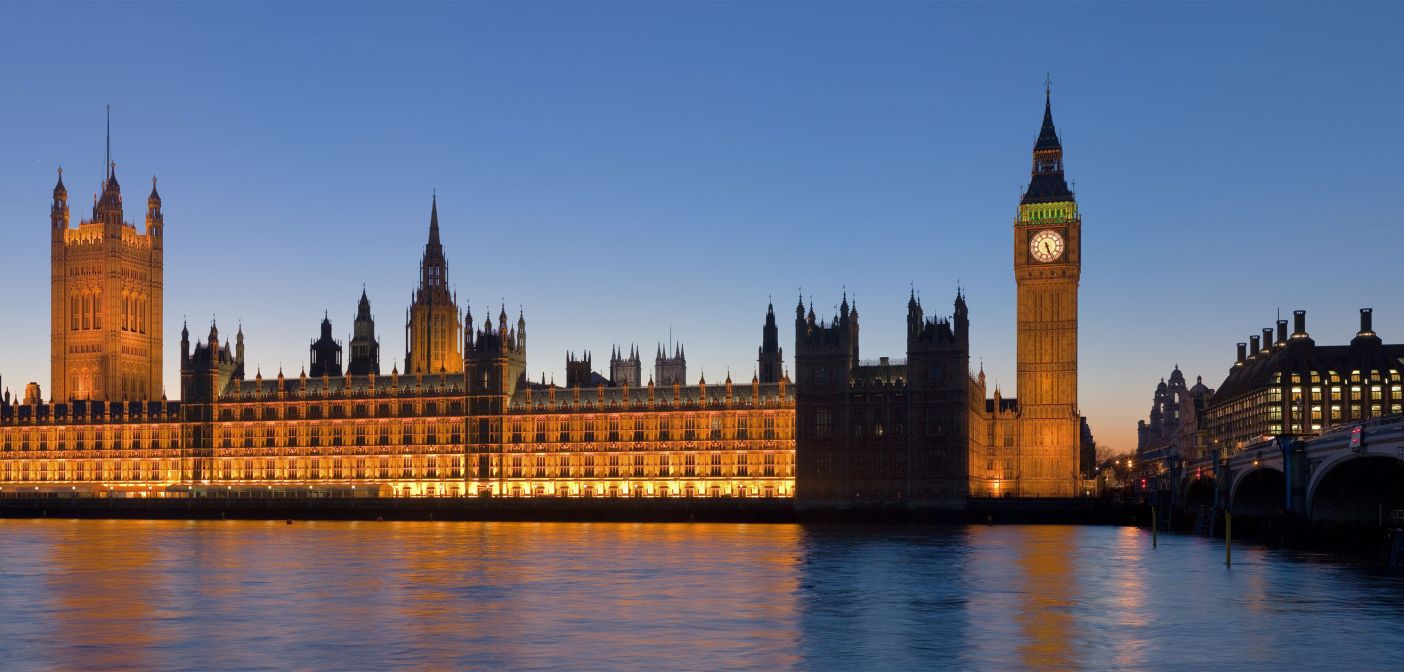
Bielby column: No-deal Brexit still possible
FWD Chief Executive’s column picks out the possible positives and negatives as Westminster gets to work for 2020
If 2019 was a year where uncertainty over Brexit stifled investment and expansion, last month’s General Election certainly cleared some of the fog on the road ahead. Whether the clearer view to the horizon is any better is a matter of opinion, but for now we should welcome the fact that things are moving forward.
The Conservatives’ big majority in the Commons means Boris Johnson will be able to deliver on his Get Brexit Done promise, with a very strong likelihood that the withdrawal agreement he negotiated in October will be ratified by Parliament and the UK will officially leave the EU at the end of January. From a wholesale point of view that means no more stockpiling for false deadlines and no more immediate no-deal preparations, which consumed time and resources for much of the past year. Current trading deals with the EU remain in place during the transition period.
However, the suggestion that Brexit is done at this point is at best optimistic, as the real negotiations over our future relationship with Europe start now. The government said in its manifesto that it will not extend the transition beyond the end of 2020, but the EU has suggested that the volume of new trade deals needed will take significantly longer to agree. It’s not inconceivable that we’ll find ourselves facing the prospect of a no-deal Brexit and all the preparation that involves, in the busy pre-Christmas period 12 months from now.
The Conservative manifesto was less detailed than Labour’s and what is not in it is perhaps as important as what is. We know this government has committed to increasing the National Living Wage to 66% of average earnings for everyone over 21, but incrementally rather than the immediate hike Labour planned. It has committed to not raising income tax, National Insurance or VAT and said it won’t raise corporation tax either. Commitments to cutting taxes for small retail businesses and pubs, and to implementing a Digital Services Tax would appear to favour wholesalers’ customer base.
On the key issues beyond Brexit, we expect this government to operate a lighter touch than others might have. On health, it has suggested a long-term strategy for obesity, heart disease, and diabetes, promised to improve hospital food and maintain its commitment to universal free school meals. Alcohol duty will be reviewed to ensure the tax system is supporting British drink producers.
On environment, we’ll see many of the workstreams of the previous administration continue and accelerate, as the government pushes towards its goal of net zero carbon emissions by 2050. For wholesalers, an extension of Producer Responsibility for packaging being would inflict a huge new financial burden on the sector and it is a top priority for FWD to make the case for wholesale on EPR. A deposit return scheme to incentivise people to recycle plastic and glass, while not a new commitment, has to be proportionate in its impact on wholesalers and should be compatible with the Scottish scheme due to start in 2021.
One potential area of concern is the proposals to limit the supply of lower-skilled migrant workers on which wholesalers have relied in the past. The introduction of an Australian-style points-based system would mean overall numbers will come down, but no target has yet been set.
As the representative body for wholesale distribution, FWD has already started the process of engaging the new administration. We’ll see what ministerial changes there may be in the next few days and get meetings with the new ministers in the diary. We will also congratulate new MPs on their appointment and invite them to visit a wholesale business in their constituency to find out about the vital role our members play in supporting businesses and services.
And as ever, we’ll keep our members updated on what’s required of them as policy evolves into legislation. We’ll be actively championing the wide economic contribution of wholesale to make sure wholesalers’ views are represented and their voices heard in Westminster and beyond.
Our public policy priorities
- Engage with key officials over Brexit impacts for the wholesale sector to ensure the sector is prepared for the post-transition period
- Ensure no new packaging tax obligation for wholesalers
- Campaign for the introduction of a mandatory allergens database to guarantee consumer access to full and accurate information
- Work with other trade associations to encourage the Government to show restraint on NLW increases and ensure these are affordable for businesses
- Continue to push for better enforcement of AWRS and resource for tackling alcohol fraud
- Encourage the Government to commit greater resources to tackling crime against wholesalers and our customers
- Push for consistency across the UK of any Deposit Return Scheme

